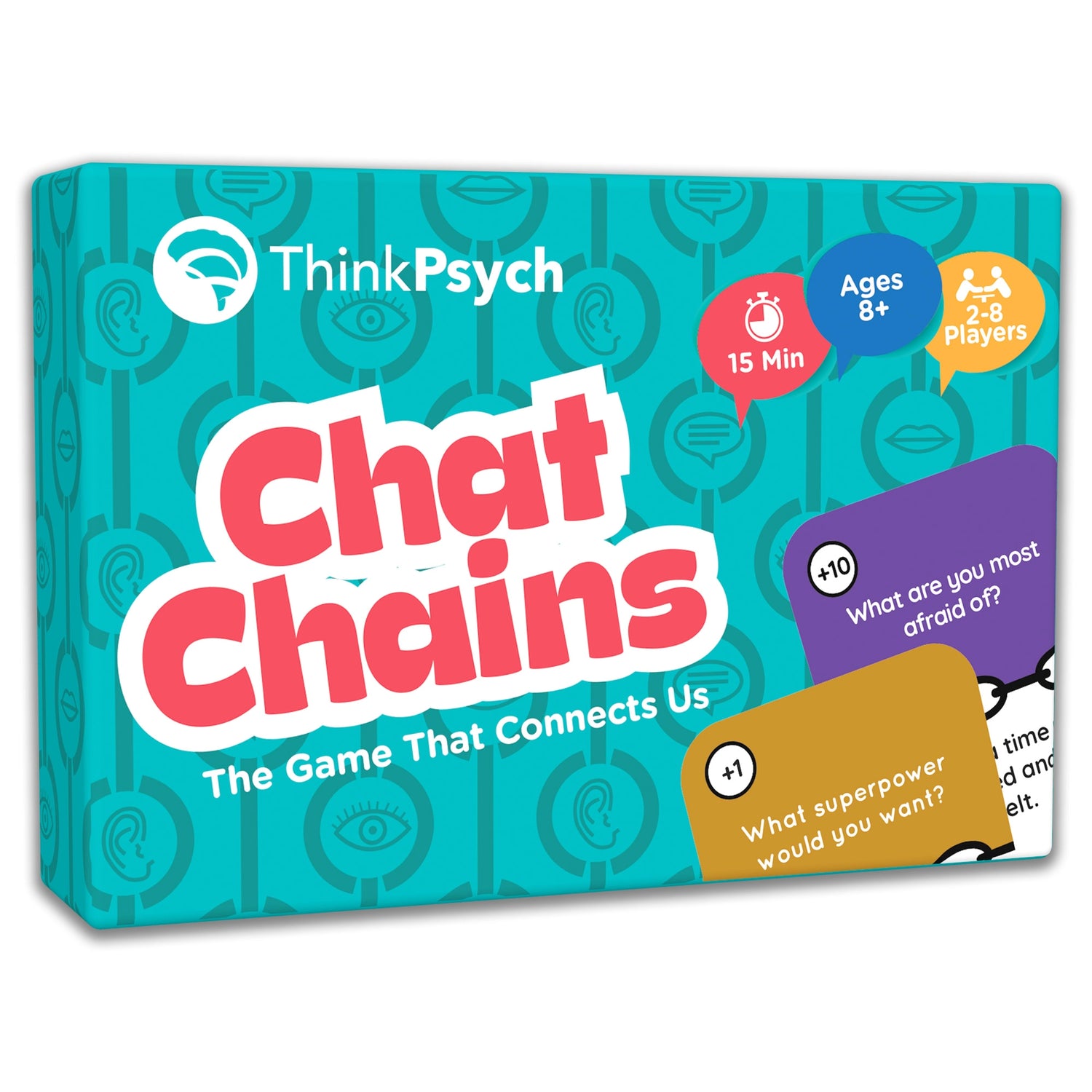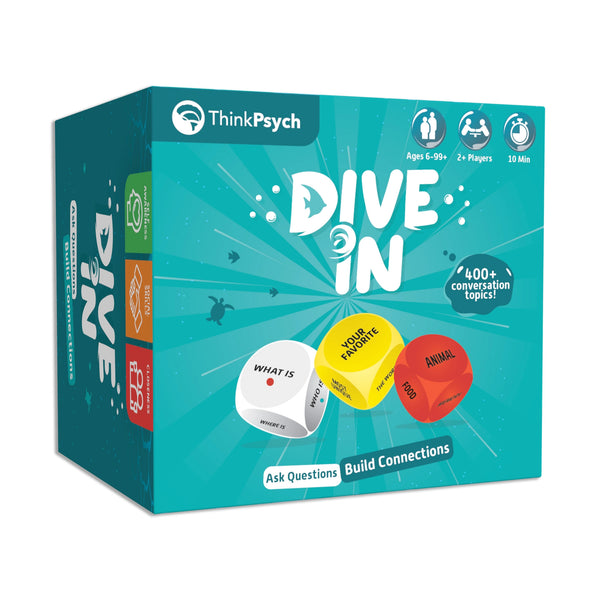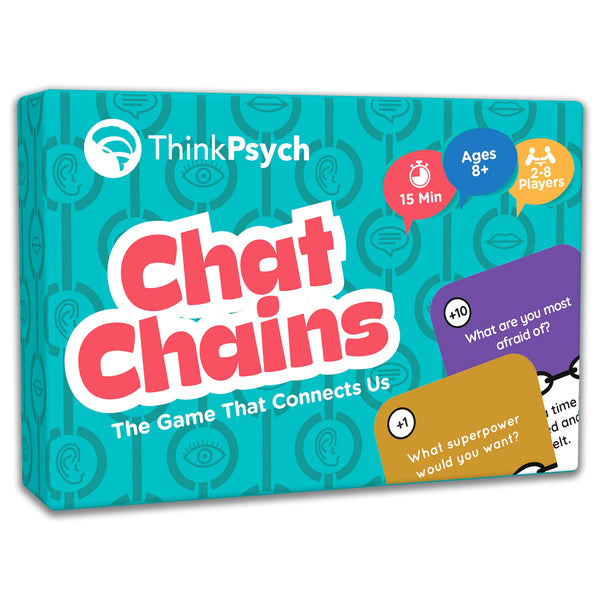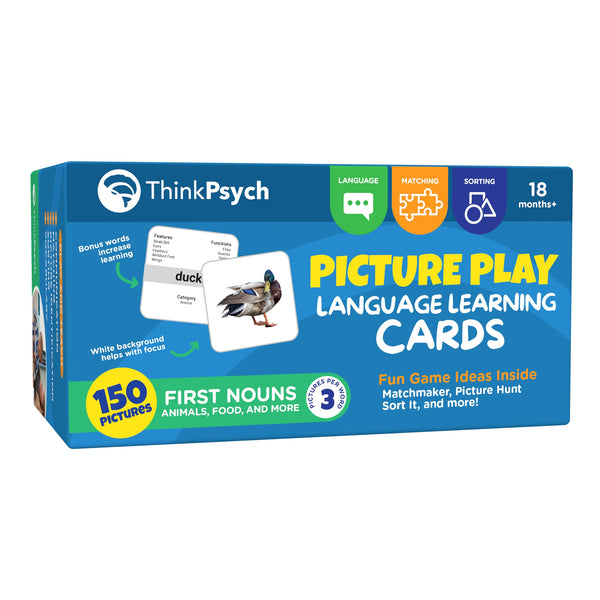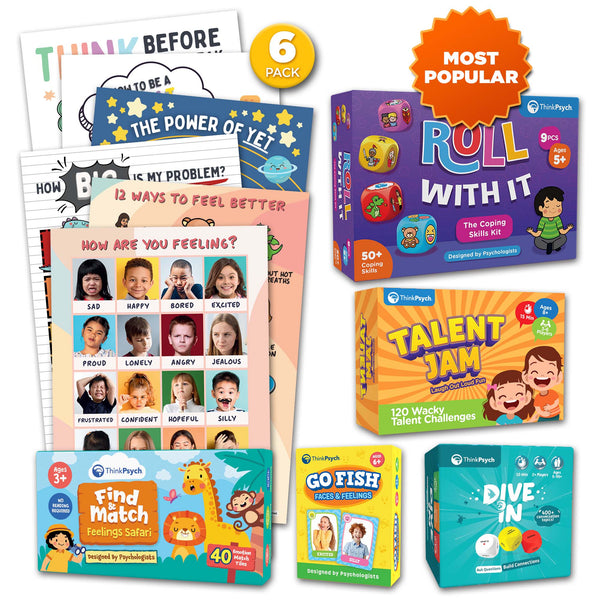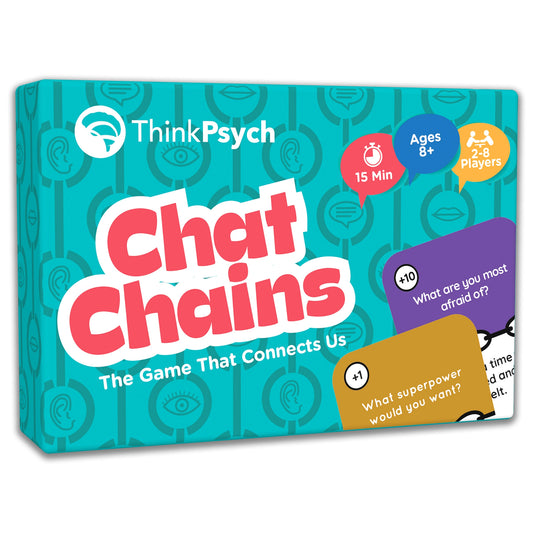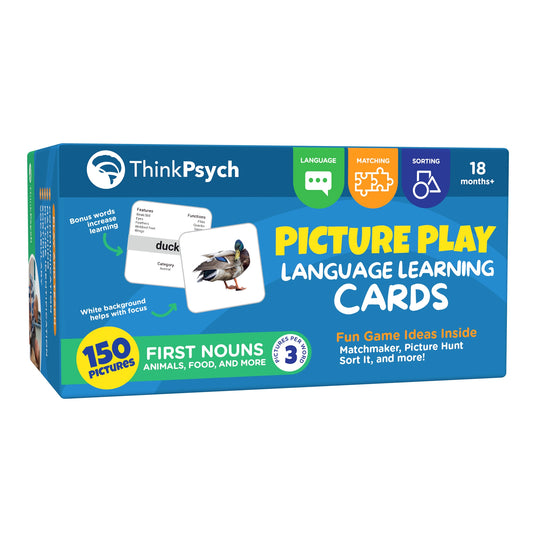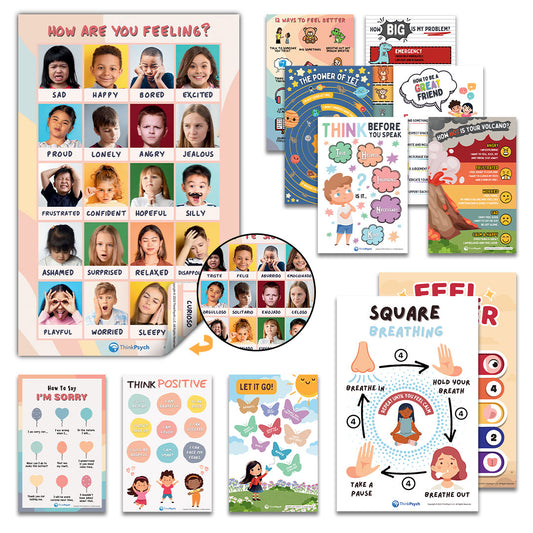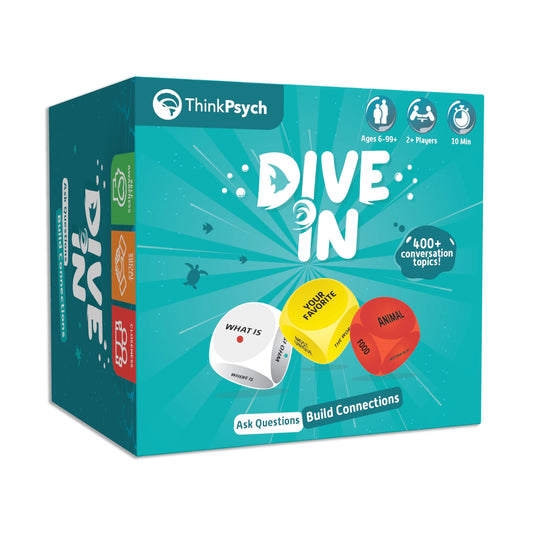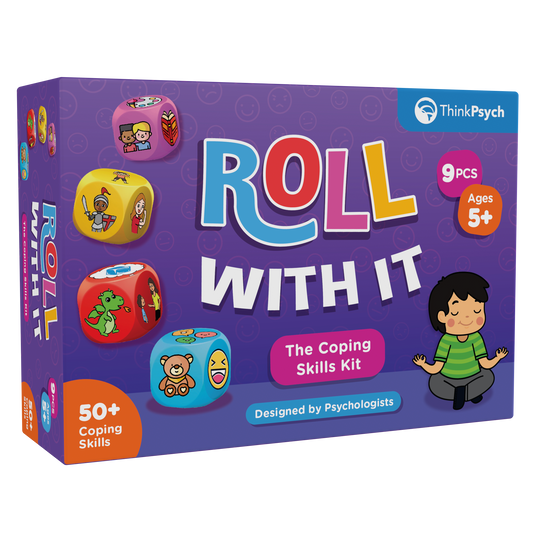
Playtime Power: How Play Enhances Childhood Development
Share
Childhood is a time of exploration, growth, and discovery. At the heart of this journey is play - an essential activity where children learn about the world around them.
So, when you see a group of children on a playground, they're not just running around and climbing structures. They're negotiating roles, solving problems, and engaging in different social interactions. This fun yet meaningful play is a powerful tool to help them grow.
But despite the undeniable benefits, seven out of ten children are not getting enough playtime. This shortage can have significant implications for their holistic development.
Recognizing the importance of play, we've put together this guide to help you maximize its power in developing social skills and emotional resilience in children, along with other notable benefits.
Let's see how you can make the most of this invaluable resource and ensure your child thrives through the small—yet mighty—act of play.
The Power of Play
Play might seem simple, but it holds profound significance in a child's life. It includes any activity that kids:
- Choose on their own
- Direct themselves
- Do just for fun
Unlike activities with specific goals, play is more about enjoying the process.
The impact of play might even extend into adulthood, leaving an imprint on a developing brain. The skills and interests developed during play can guide their passions and career paths later in life. They take it seriously and approach it with dedication, much like adults do with their jobs.
A child's overall health, learning, and well-being rely on play. It's available year-round, during the summer and holiday breaks, in classrooms, and at home, making it a versatile tool for development.
Developing Social Skills and Emotional Resilience Through Play
Developing social skills and emotional resilience through play is a comprehensive process that significantly enhances growth.
Play's inherent joy and ability to activate various brain networks make it highly effective in fostering crucial social and emotional abilities. Whether engaging in cooperative games, role-playing, or creative problem-solving, children learn to:
- Navigate social complexities
- Manage their emotions
- Build resilience when faced with challenges
As children play, they can experiment, take risks, and learn from successes and failures, essential for building adaptability. Through playful interactions, children strengthen their relationships, develop empathy, and learn cooperation. This lays a solid groundwork for healthy emotional expression and effective communication.
Cognitive and Academic Benefits
Play also helps children develop their cognitive and academic skills. Engaging in problem-solving games, imaginative play, and exploratory activities can stimulate cognitive processes like critical thinking, creativity, and decision-making.
These experiences provide opportunities for children to learn and apply new knowledge in a hands-on manner. This reinforces concepts by putting them into practice.
Play enhances memory retention, language development, and spatial awareness, all of which are foundational skills for academic success. The joy of play fosters curiosity and a love of learning, encouraging kids to become active, engaged learners capable of tackling academic challenges with ease.
Types of Play for Childhood Development
Play is diverse and can take many forms, each with unique benefits. Understanding the different types can help parents and caregivers provide a variety of play experiences for children.
Here are some key types of play and their benefits:
Physical Play
Every day, kids are recommended to do at least 60 minutes of moderate-intensity activities. Physical play can help with that. This type of play basically involves activities that get children moving, such as running, jumping, climbing, and playing sports.
Physical play is crucial for developing motor skills, coordination, and overall physical fitness. It also helps children learn about their bodies' capabilities and limits, giving them confidence and independence.
Constructive Play
A child who engages in constructive play builds or creates something, such as assembling blocks, drawing, or making crafts. Playing like this enhances fine motor skills, hand-eye coordination, and spatial awareness.
It also encourages creativity and problem-solving as children experiment with different materials and techniques to achieve the results they want.
Shop ThinkPsych Products
Social Play
Social play occurs when children interact with others. Some common examples are playing house and participating in group games. Playing games like these is essential for developing social skills like communication, cooperation, and empathy.
Through social play, children learn to manage relationships, understand different perspectives, and practice conflict resolution.
Exploratory Play
Exploration-based play involves all of the child's senses. As they examine objects, they look, touch, listen, and move them around to learn how they can influence the world around them.
Activities like playing with sand, water, or sensory bins fall into this category. Exploratory play stimulates curiosity, promotes scientific thinking, and helps children develop a deeper understanding of their environment.
Games with Rules
Games with rules include board games, card games, and organized sports. These activities teach children about structure, turn-taking, and following rules. They also develop strategic thinking, patience, and fair play.
Games like Secret Recipes and Chat Chains make this easier and are worth checking out. Secret Recipes is a card game where players bake, steal, and strategize their way to victory by collecting ingredients, completing recipes, and scoring cake points.
Meanwhile, Chat Chains encourages players to engage in real conversations, where kids can talk, earn points, and compete to be the top chatter.
Digital Play
We live in a digital world where technology is integral to our lives, and our kids are already used to it. Digital play is all about using their favorite tablet, computer, and gaming console for interactive activities and games.
In moderation, digital play enhances learning and development through access to educational content. However, it's important to balance digital play with other types of play to ensure a well-rounded development.
Incorporating Play into Daily Life
It's important to include play in daily routines to enrich children's development and strengthen family bonds.
Make play a part of your child's everyday life with these practical tips:
- Schedule Playtime: Allocate dedicated time each day for unstructured play where children can choose activities they enjoy.
- Join In: Engage in play with your children to bond and show interest.
- Encourage Outdoor Play: Take advantage of outdoor spaces for physical activities like running, biking, or playing in the park.
- Turn Chores into Games: Transform routine tasks into playful activities to make them more enjoyable and engaging.
- Use Playful Learning Tools: Incorporate educational toys, books, or games that promote learning through play.
- Create Playful Environments: Designate areas at home conducive to play, with toys, art supplies, and space for imaginative play.
Making play a natural part of your child's daily life not only supports their development, but also creates lasting memories.
Wrapping Up
Besides nurturing social skills, emotional resilience, and cognitive abilities, play is a fun gateway to lifelong learning and exploration. By encouraging play, we empower our children to thrive creatively, emotionally, and intellectually. This gets them ready for their future.
For innovative games that matter, turn to ThinkPsych, where we make emotionally intelligent games to help kids learn, inspire, and grow. Started by two psychologists with decades of experience in clinical practice, our games are designed to meet the highest safety and effectiveness standards.
As parents and educators, let's continue championing play as a tool for raising resilient, happy, and well-rounded kids ready to face tomorrow's challenges.
Sources:
- 75 Percent of Children Are Not Getting Enough Playtime, According to New Research
https://www.prnewswire.com/news-releases/75-percent-of-children-are-not-getting-enough-playtime-according-to-new-research-300888615.html
- Toys children play with can have an effect on their success in adulthood
https://www.independent.co.uk/life-style/health-and-families/toys-children-kids-adulthood-success-b2419511.html
- Building Kids' Resilience through Play Is More Crucial Than Ever
https://www.scientificamerican.com/blog/observations/building-kids-resilience-through-play-is-more-crucial-than-ever/
- Recommended Population Levels of Physical Activity for Health
https://www.ncbi.nlm.nih.gov/books/NBK305058/
